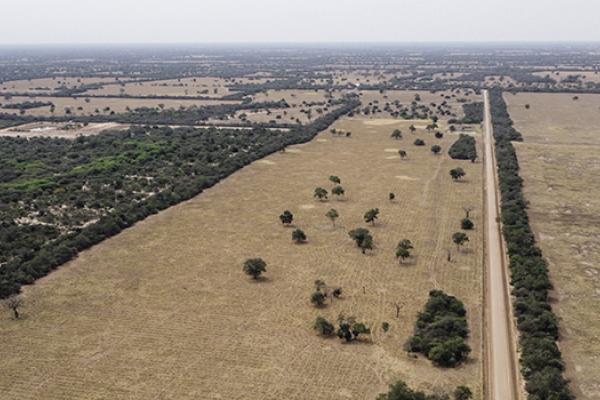In 2023 alone, Albania lost more than 2,000 hectares of natural forest, and 82,000 hectares in the last five years, despite a moratorium in place since 2016 banning logging and timber exports, except for local use for heating. The loopholes and details of this national law, and the weakness of the European regulation on deforestation (EUTR), provide ample opportunities for non-compliance. These allow the destruction of forests of magnificent, ancient beech trees suspected of being used to make furniture, paintbrush handles or simply packaging wood. This suspicion of an illegal business - exploiting the lack of opportunities for the local Albanian population in remote areas and the hunger for timber in countries that don't use their own - has led to a long and complex investigation between Albania and Italy, the main timber importing country and one of the world's largest timber importers.
The data investigation has been a tenacious treasure hunt through phantom or non-existent databases: why keep track of the ongoing forest massacre? Even outsiders don't seem to know. The phenomenon continues under the radar; the business is illegal and, by definition, doesn't appear on anyone's financial records, but it can't escape the eye of man or satellite. This investigation by Marta Abba and Elona Elezi therefore relies heavily on field evidence, imagery and data visualisation. The result is a jigsaw puzzle of apparent environmental crimes and fragmented responsibilities that cannot be fully traced along their supply chain, but are impossible to ignore.
Here are the key findings of this investigation:
- Deforestation in Albania continues despite national and international bans.
- The export of timber products from Albania to Italy continues.
- There are significant gaps in law enforcement and a lack of monitoring in rural Albanian areas that resist control.
- EU entry checks on illegally sourced wood currently rely primarily on paper/digital documents which are easily forged.
- There are Italian timber companies with thriving partnerships with Albanian sawmills, which in turn are authorised by the government to exploit forests to meet local firewood needs.
Photo Credit: Marta Abbà






